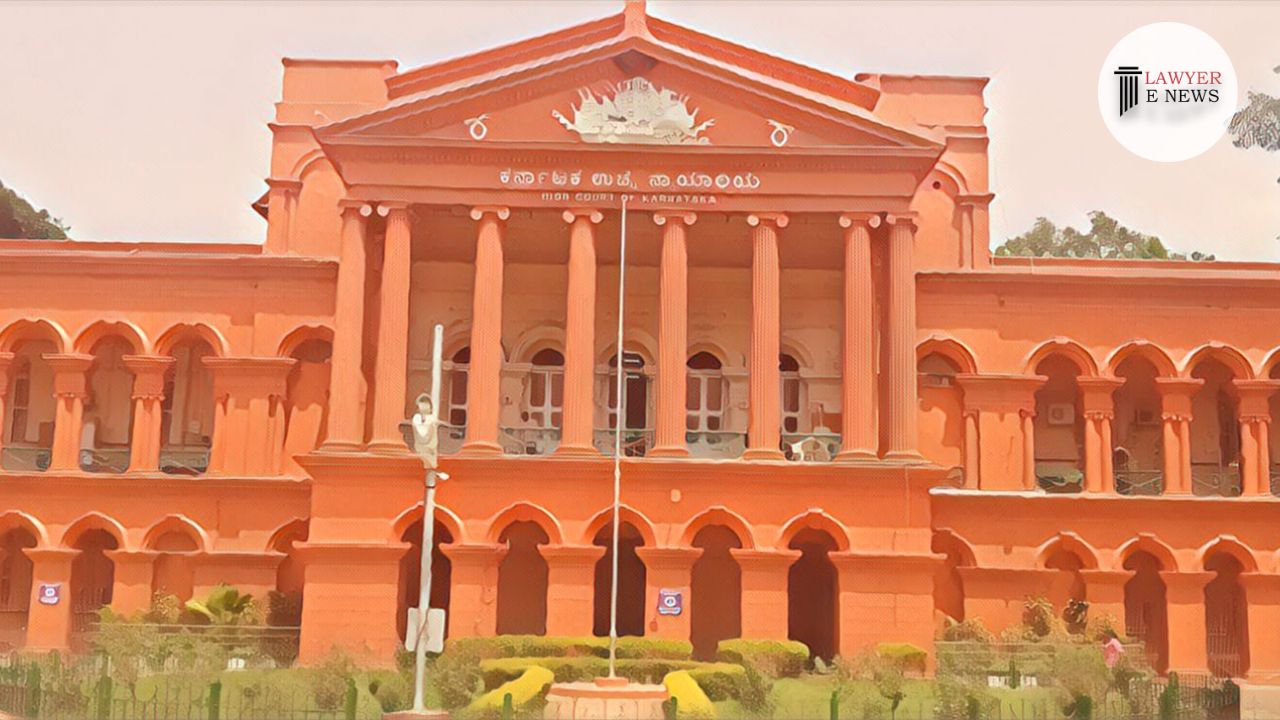-
by Admin
15 February 2026 5:35 AM



In a significant ruling, the Karnataka High Court has dismissed a suit filed by the children of a deceased donor challenging the validity of a gift deed executed by their father. The court emphasized that once the donor acknowledges the gift and subsequently withdraws any challenge to it, the question of its validity is conclusively settled. Justice N.S. Sanjay Gowda presided over the case, underscoring the legal principle that the validity of a gift deed rests solely between the donor and the donee, not extending to the donor's heirs posthumously.
Facts of the Case: The dispute centered around a gift deed executed on October 16, 2012, by Gilbert Correya in favor of V. Geetha. Gilbert's sons, Johnson Correya and Jensen Correya, filed a suit seeking a declaration that the gift deed was null and void, alleging it was executed under coercion and undue influence. They also sought possession of the property and a decree of partition. However, the trial court rejected an application by Geetha to dismiss the suit, leading to the current revision petition.
Donor's Acknowledgment and Withdrawal of Suit: The High Court noted that Gilbert Correya had initially challenged the gift deed through a suit but later withdrew his claim, indicating a settlement out of court. The plaintiffs argued that their father, being unwell and under medication, was not in a rational state of mind when he withdrew the suit. The court dismissed this argument, stating that the withdrawal, once accepted by the court, is final and binding.
Justice N.S. Sanjay Gowda clarified, "A gift is between the donor and the donee. If, after executing a gift deed, the donor challenges it but later withdraws the challenge, the question of validity ends with the donor's acceptance. The donor's heirs cannot reopen this issue posthumously."
The court further observed that the plaintiffs, aware of their father's withdrawal of the suit, did not contest it at the time. Therefore, they cannot now initiate a fresh suit to challenge the gift deed. This principle aims to prevent endless litigation and uphold the finality of the donor's decisions during his lifetime.
Justice Gowda remarked, "The trial court's refusal to reject the application overlooked the fundamental aspect that no cause of action existed for the plaintiffs once the donor had withdrawn his suit. The validity of the gift deed was conclusively resolved during the donor's lifetime, and his children cannot challenge it posthumously."
The Karnataka High Court's decision reinforces the legal principle that the validity of a gift deed is determined between the donor and the donee, and once resolved, it cannot be contested by the donor's heirs. This ruling is expected to have significant implications for similar cases, ensuring the finality and integrity of gift transactions.
Date of Decision: April 4, 2024
MRS. GEETHA VS MR. JOHNSON CORREYA & MR. JENSEN CORREYA
